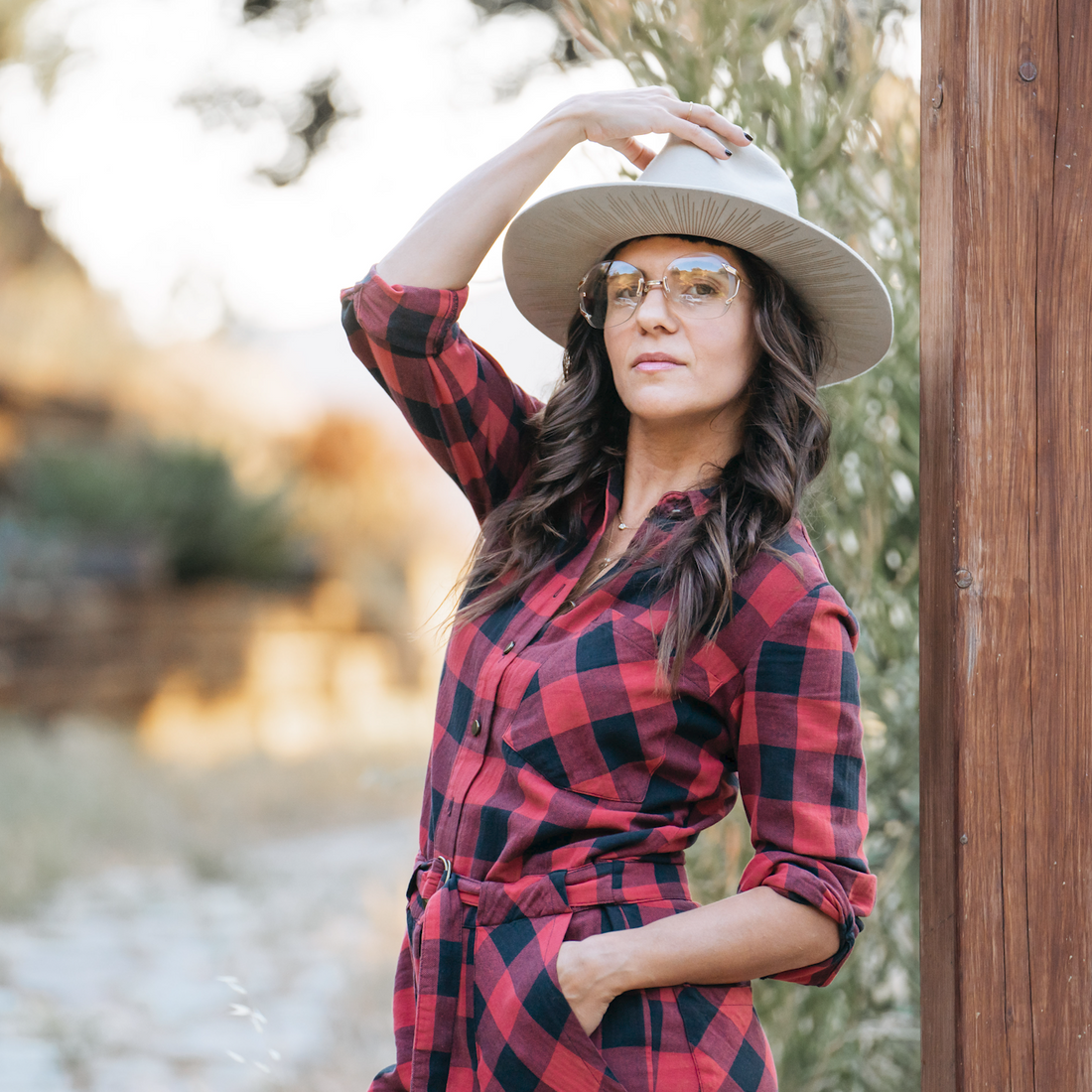
The Democratization of Enlightenment w/ Biet Simkin | AMP #396
What does it mean to be enlightened? There are innumerable ancient and modern schools of thought around enlightenment, and Biet Simkin has developed a unique, easily comprehensible model for how to attain and sustain the enlightened state. In addition to living a wildly interesting and challenging life, Biet is a world-renowned Spiritual Teacher with clients including Russell Brand, a Best-Selling author, and musician who teaches practical applications of ancient spiritual wisdom. Biet has distilled, adapted, and synthesized her own model of enlightenment with practices stemming from the highly complex 4th Way teachings of Gurdjieff as well as a lifetime of spiritual study across numerous traditions. This conversation was an absolute treasure for me,
Check out her latest book- Don't Just Sit There!: 44 Insights to Get Your Meditation Practice off the Cushion and into the Real World
Connect with Biet Simkin
Website | www.bietsimkin.com
Youtube | https://www.youtube.com/channel/UC1aFfC7OgfvVtpx_qcJ_zxw
IG | @guidedbybiet